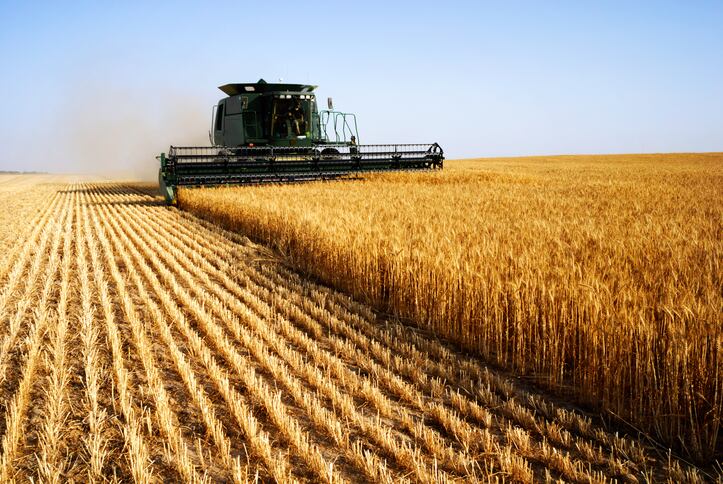Agricultural residues or biomass are what is left in a farmer’s field after the primary crop has been harvested, and it often goes to waste.
However, Canadian company Comet Bio says it has developed a way to cost-effectively transform this biomass into value-added ingredients for food manufacturers.
“Our process converts farm leftovers into high quality, sustainable ingredients,” a spokesperson for Comet Bio told us. “The process is similar to a wet mill but we use different feedstocks, like corn stover which includes the leaves, stalks and husks of corn, and wheat straw.
“The proprietary process integrates with traditional agricultural practices, improves the economics of farming, and allows farmers to use their entire harvest, leaving nothing to waste. We take these farm leftovers and other agricultural materials and produce high purity sweeteners and fibre.”
In doing so, it helps to "close the loop on our food system”; supplement farmers’ income by buying by-products previously discarded or left to rot and even make processed food products healthier.
From the upcycled biomass, it manufactures non-GMO dextrose and glucose syrups – 95 dextrose equivalent (DE) and 63DE – in liquid form, as well as dietary fibres.
“Our 63DE product can naturally reduce calories and be used across a range of foods,” the spokesperson said. “For example, in confectionery applications like taffy chews, substituting corn syrup for our product leads to a 20% reduction in calories without compromising taste or functionality, and our fibre product [has] research that shows it can reduce insulin response.”
Comet Bio says the lifecycle footprint of its ingredients is lower than conventionally-produced equivalents, and they could be used as part of a manufacturer’s sustainable sourcing strategy.
Its ingredients are “cost competitive” with traditional ingredients. Using farm leftovers as a feedstock rather than commodity grains allows it to offer farmers “longer term and more stable” pricing options, it says.
The Italian connection
The company has also worked with Italy’s national agency for energy and sustainable economic development (ENEA), and since 2012 has had a demonstration-scale facility at ENEA's Trisaia Research Centre, located in Rotondella in the south of Italy.
The Trisaia facility can process up to 10 metric tonnes of feedstock a day, with products from this plant used for end-market sampling and user trials.
It is also in the process of developing a plant in Sarnia, Ontario that it says will be the first commercial-scale facility in the world to convert farm leftovers into high-quality, sustainable ingredients.
A member of the Cellulosic Sugar Producers Co-op, the company will sell ingredients from this plant to the food and feed sectors in North America initially.
“We do not currently have any customers in Europe, but we are talking to a few food and beverage companies based in Europe,” it said.
In order to keep its carbon footprint low, Comet Bio says it plans to keep its facilities geographically close to where the agricultural waste is generated.
“Our technology is cost-competitive at small scale because our facility designs are low-cost [and] modular,” it says.
The company also manufactures animal feed ingredients and bioresins.




